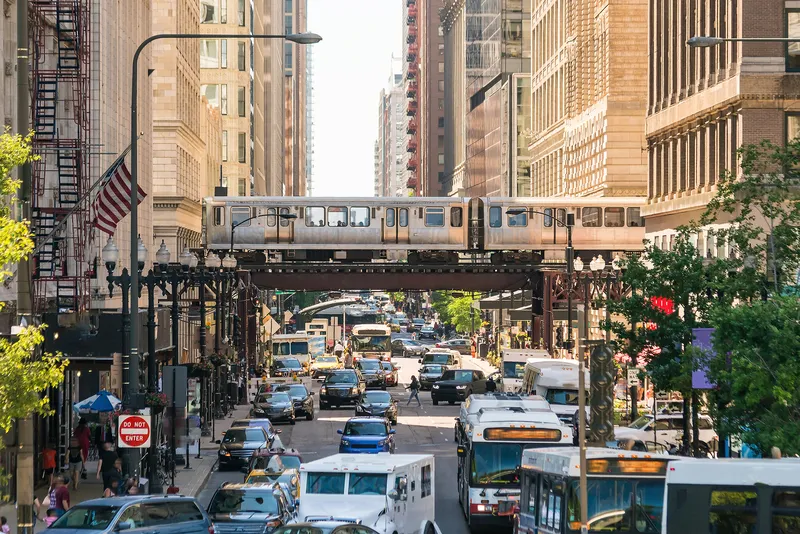
Amey Consulting has been commissioned by Derby City Council in the UK to lead a study into the feasibility of an electric rapid transit (eRT) service.
Matthew Holmes, deputy leader at Derby City Council, says: “The eRT will radically improve the connections between where people live, work and study, and provide better access to employment and training, whilst delivering significant reductions in emissions and contribute to the city’s recovery strategy to reboot Derby’s economy after the Covid-19 crisis.”
Amey is to identify the most suitable route that will connect areas such as the Cathedral Quarter, Joseph Wright College, the main high street and shopping centre and Derby College Roundhouse.
The £11.5 million scheme forms part of a joint submission between Derby City Council and Nottingham City Council to the Department for Transport’s Transforming Cities Fund.
Amey says this fund is designed to improve connections between major employment sites and promote public transport.
The study is expected to be completed by June 2021.
Amey has also designed the Glider Belfast Rapid Transport System in Northern Ireland's capital.
According to Amey, the £90m sustainable transport system has reduced bus journey times by 20% and emissions by 90% compared to previous vehicles on the network.










